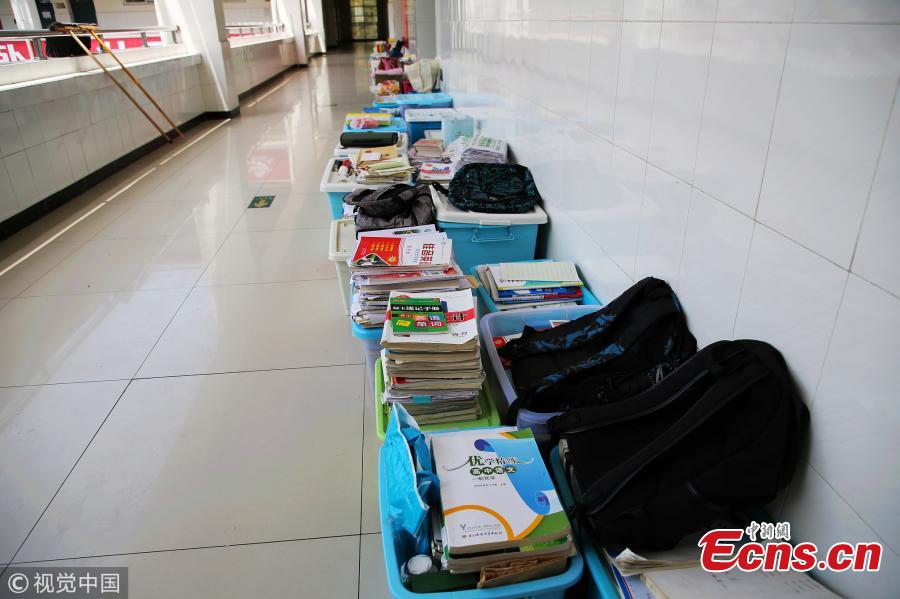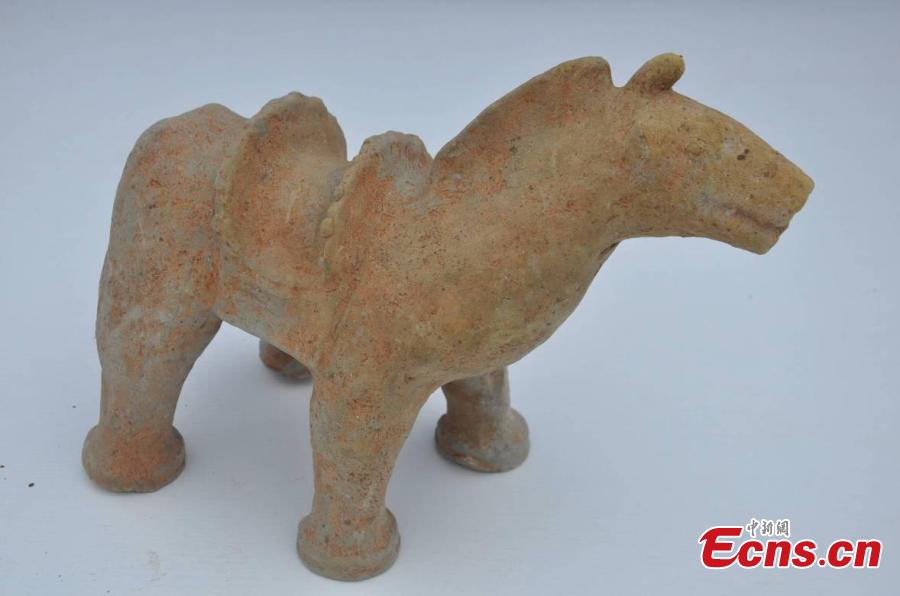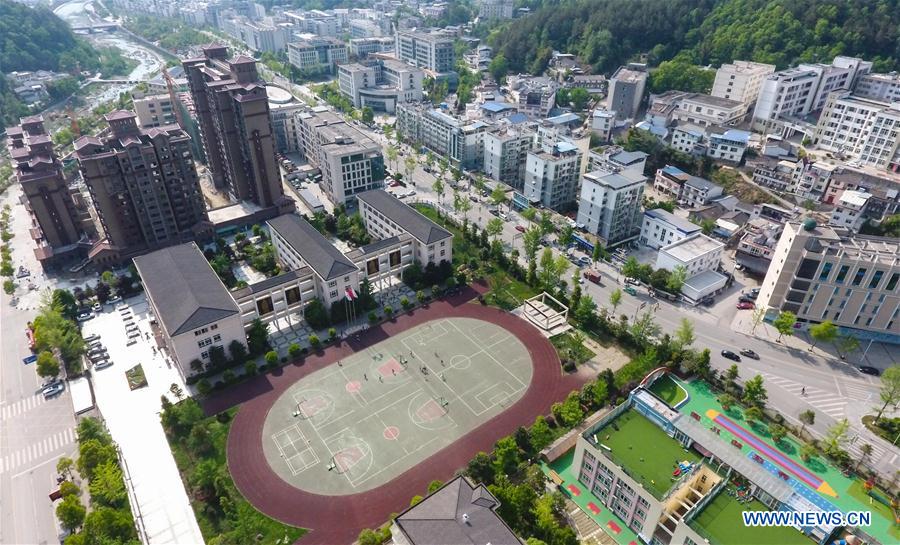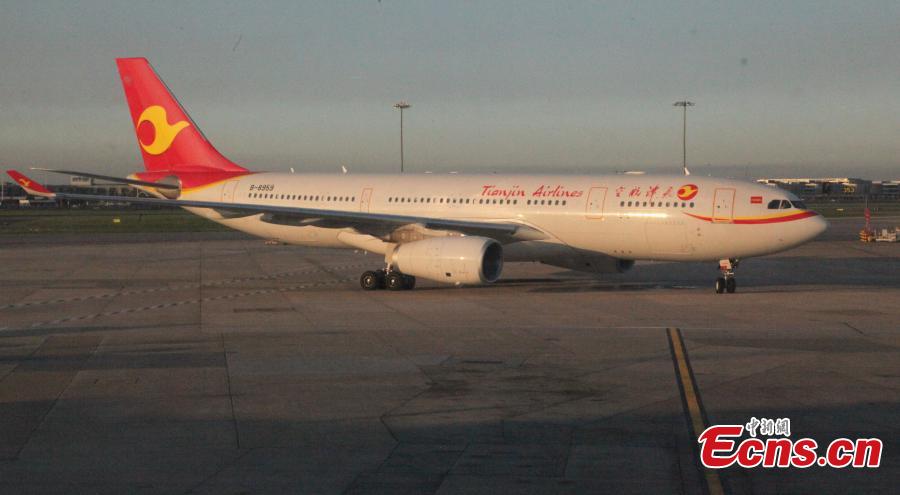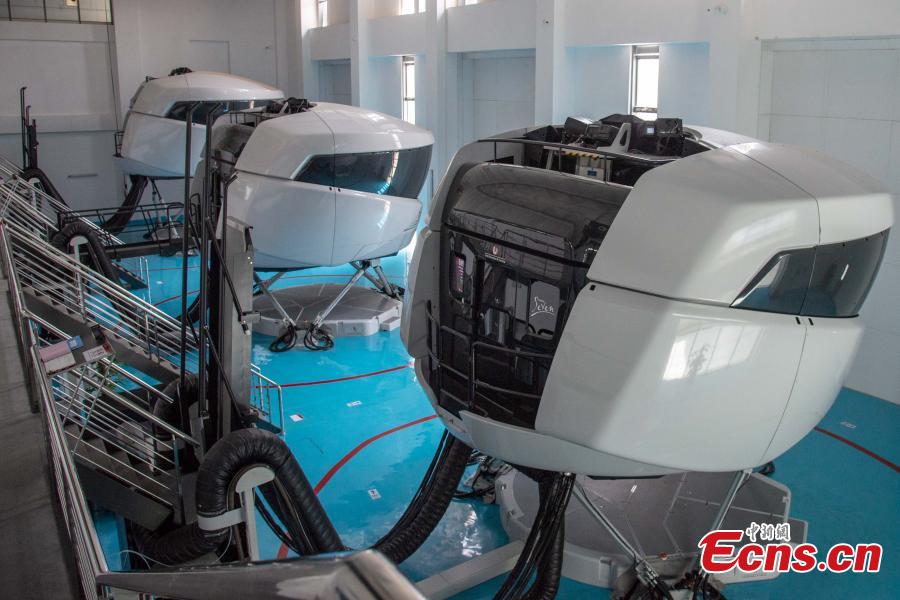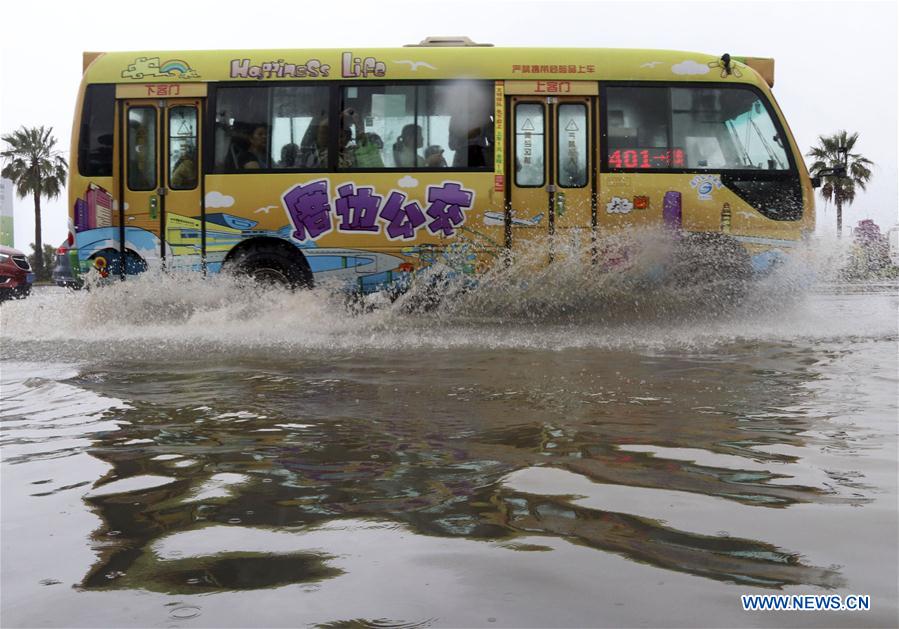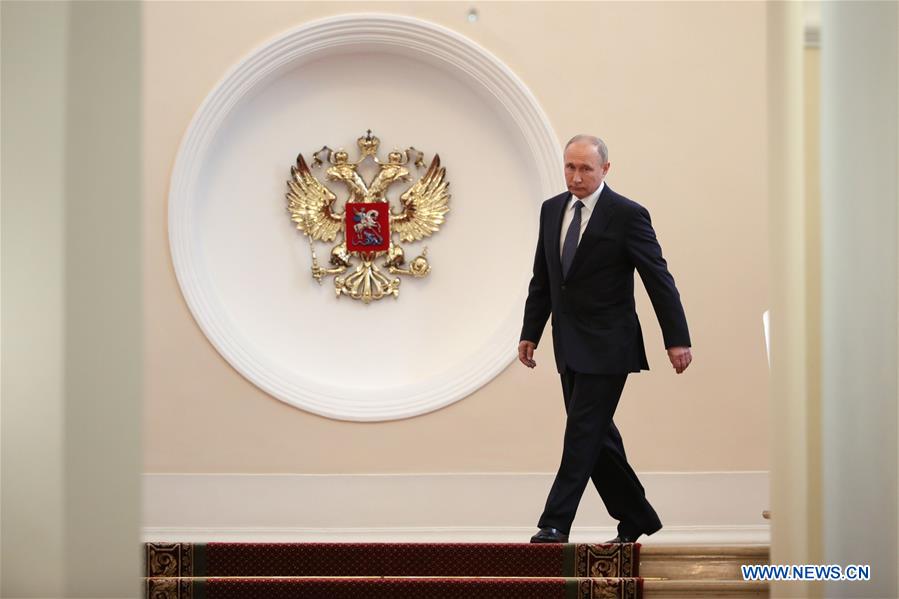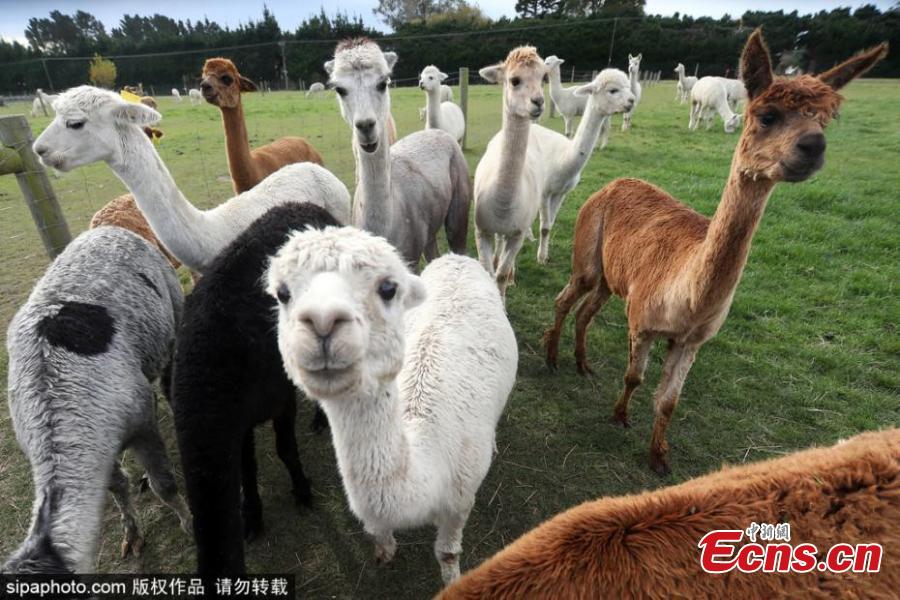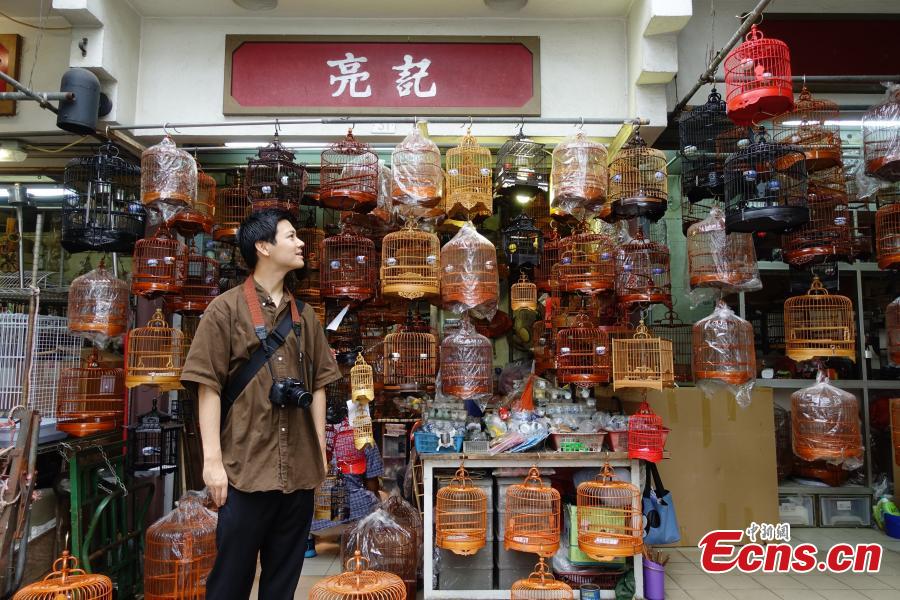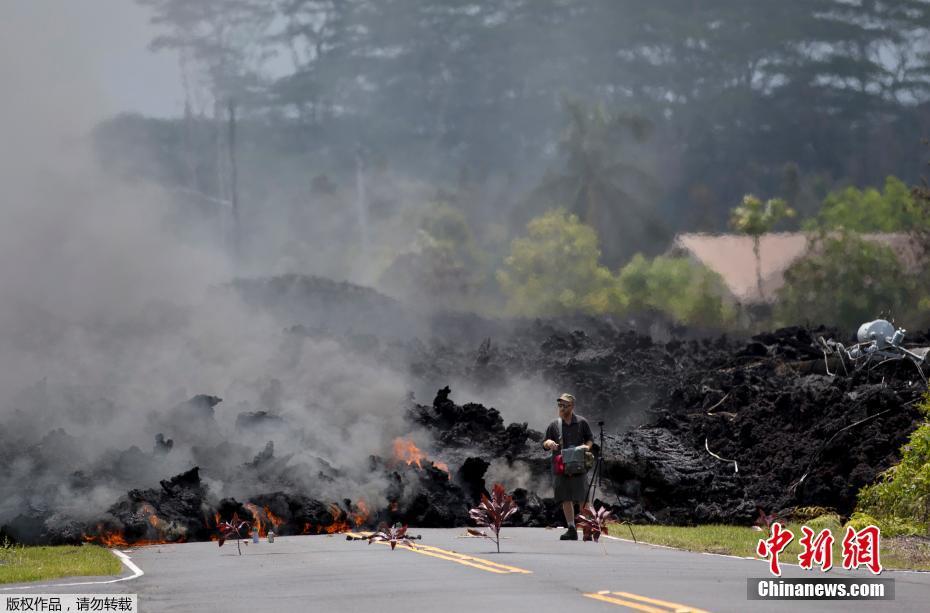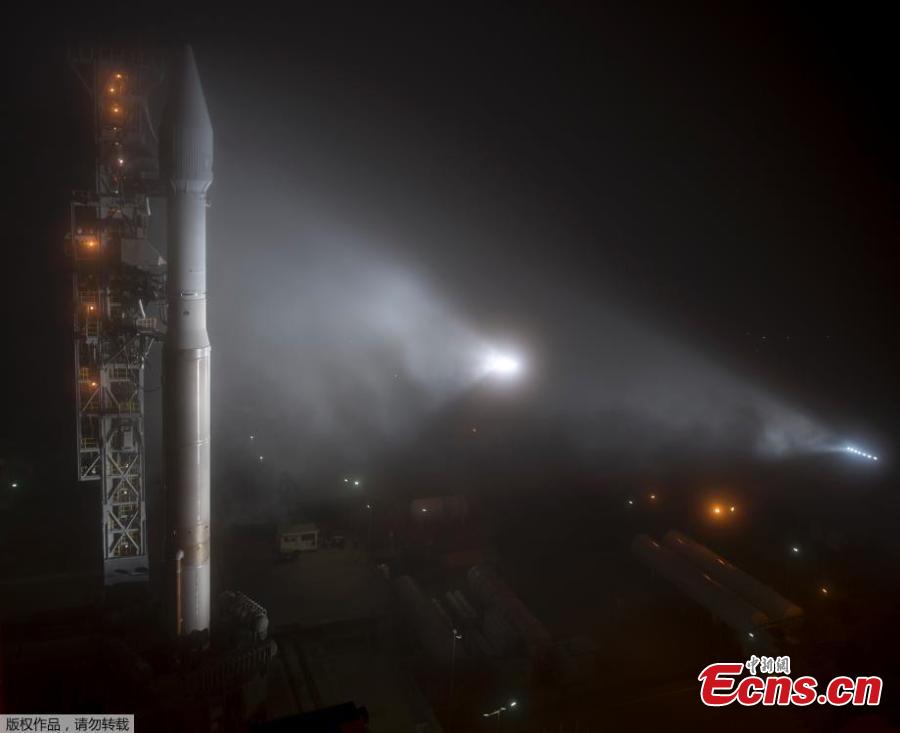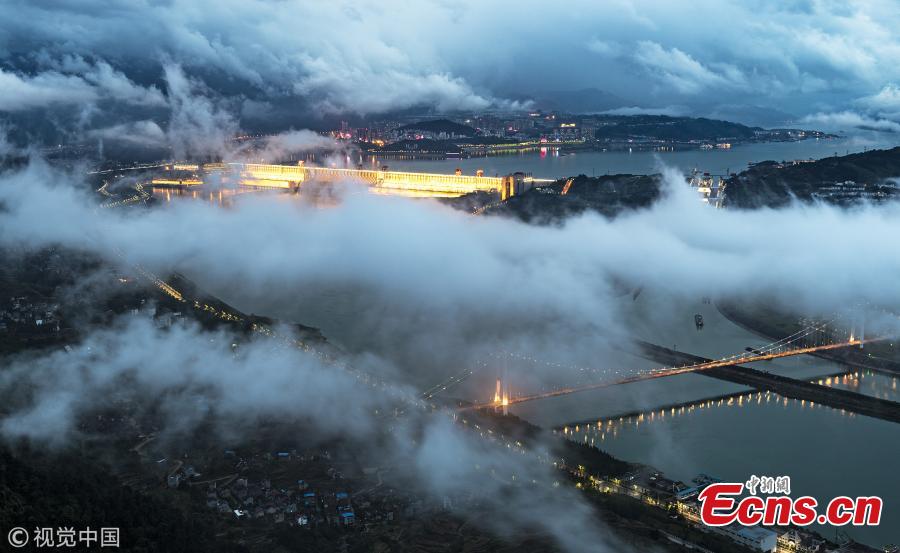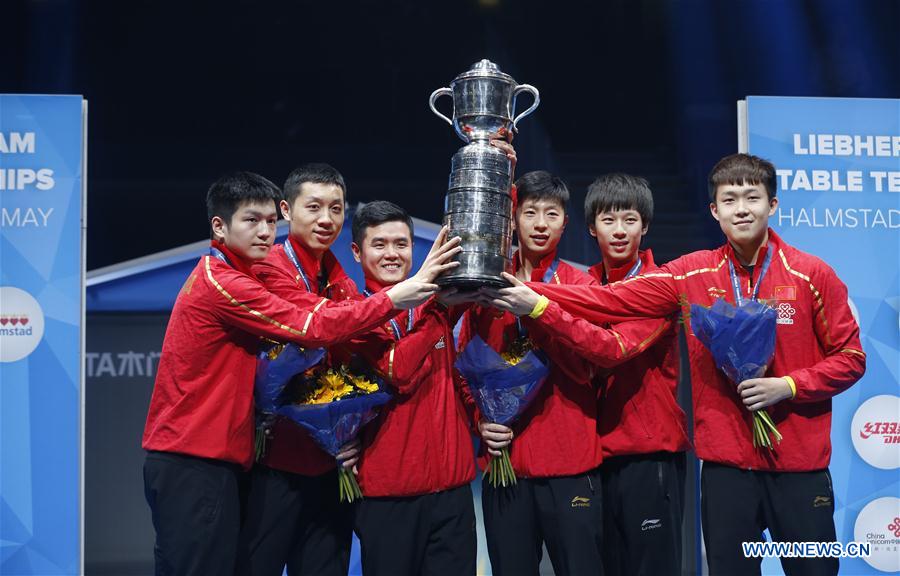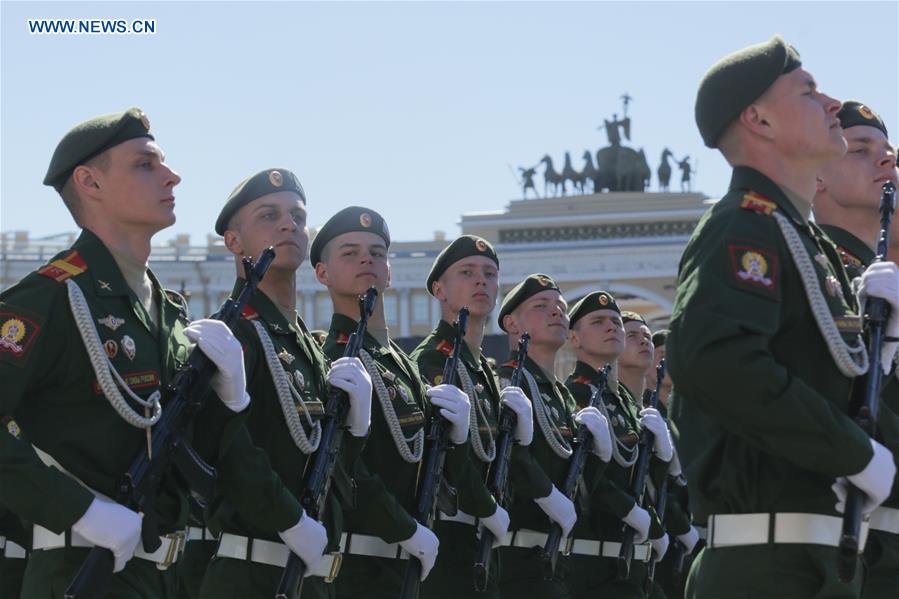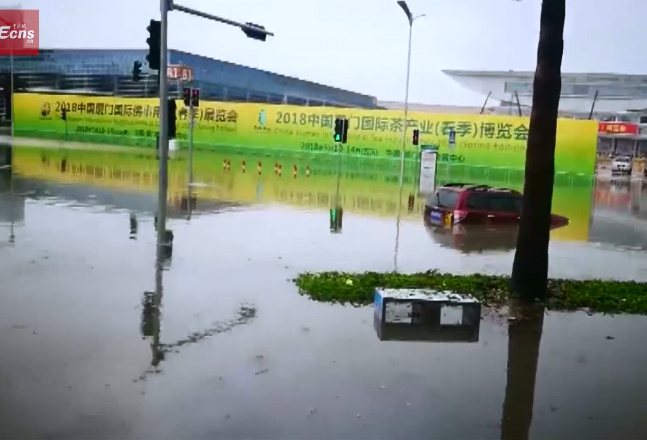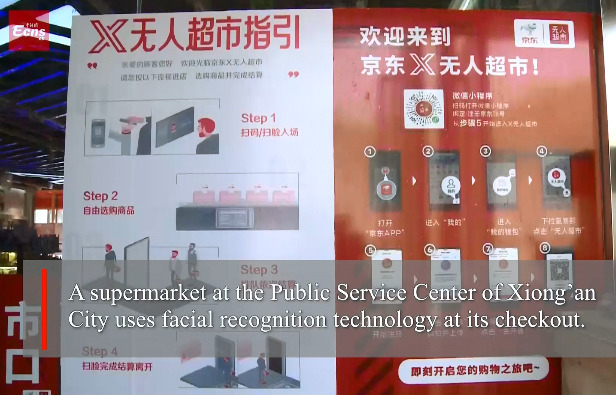Chinese Premier Li Keqiang called for strengthening the role of market forces in allocating resources and cutting transaction costs in his work report during the Two Sessions.[Special coverage]
The report stated that within a five-year period, since the CPC emphasized the decisive market role in 2013, the market and enterprises have taken on more prominent roles.
The government has undertaken less micro-management over the past five years, and instead strengthened macro-economic control, market supervision, and public services.
Chinese Premier Li Keqiang said supply-side reform involved bolstering market forces and cutting institutional transaction costs. Yu Minhong, a member of China’s top political advisory body who’s also an educator and entrepreneur, agrees that this is the ideal path for development.
“The government exercising micro-economic control not only prevents excessive waste of the country’s resources but also gives enterprises greater incentive,” he noted.
In 2018, the government work report suggested further slashing the economic burden on enterprises. The report says the government should reduce taxes on businesses, particularly the tax rate on manufacturing and transportation. It also suggests that government cut certain fees imposed on enterprises, such as administrative payments.
“An important theme throughout the report is improving the business environment. This relieving of burdens on corporation will also render them more dynamic,” said Zhang Lianqi, a CPPCC member.
Another member of the CPPCC believes the government needs to implement its policies well and fast-track the reform process. “The role of market forces in the allocation of resources, as the policy states, hasn’t been fully realized. The government needs to improve its efficiency. We sometimes find policies from different ministries contradicting one another, and we have to wait for them to be sorted out,” said CPPCC member Xie Jing.
Chinese Premier Li Keqiang’s work report suggested that China should continue streamlining its administration, cutting taxes and fees, and optimizing China's business environment. The hope is to spur the dynamics of market forces, and improve the quality of economic development in the future.















